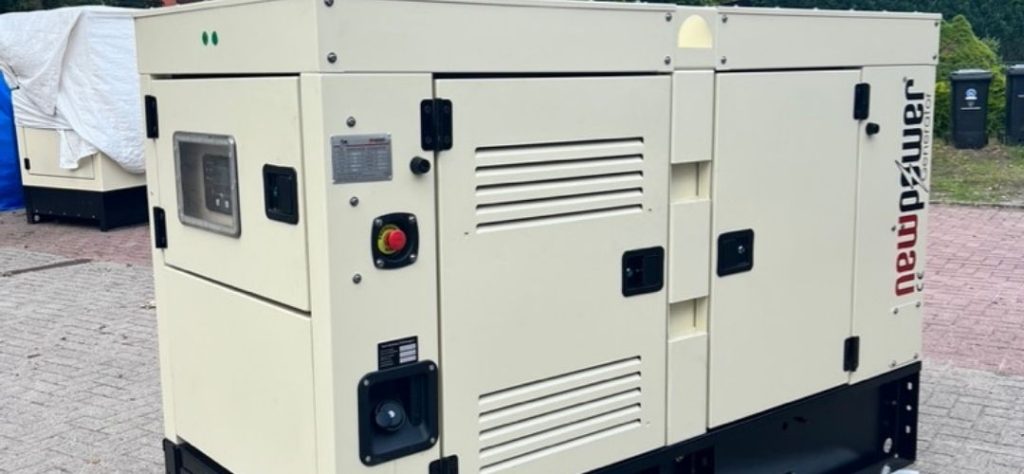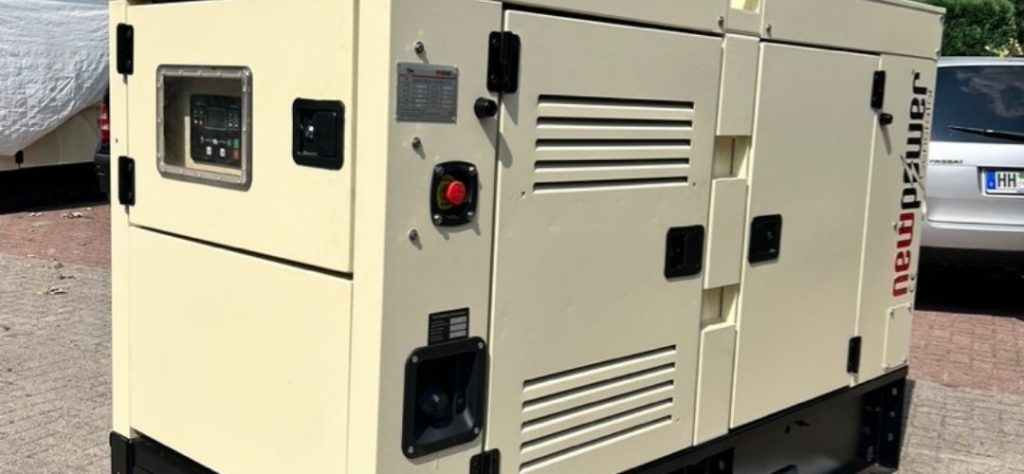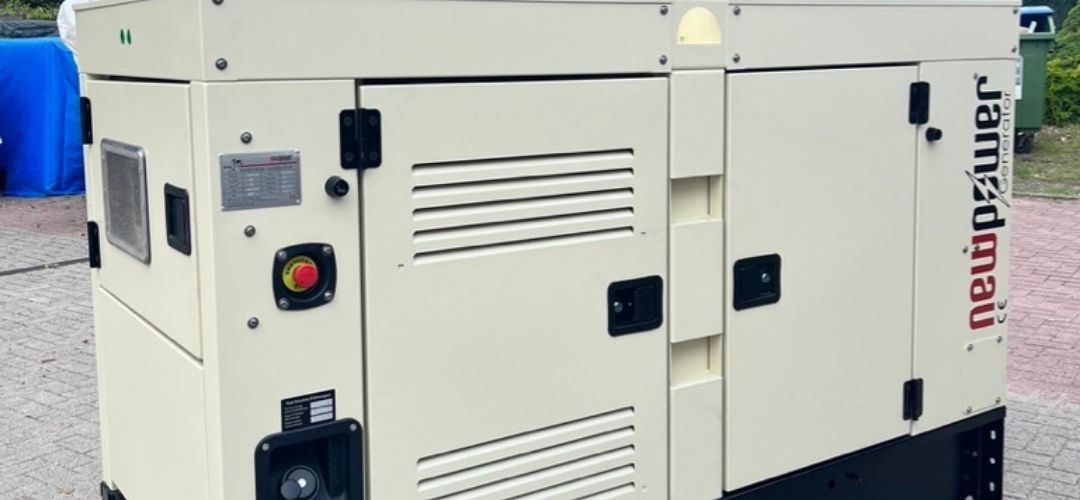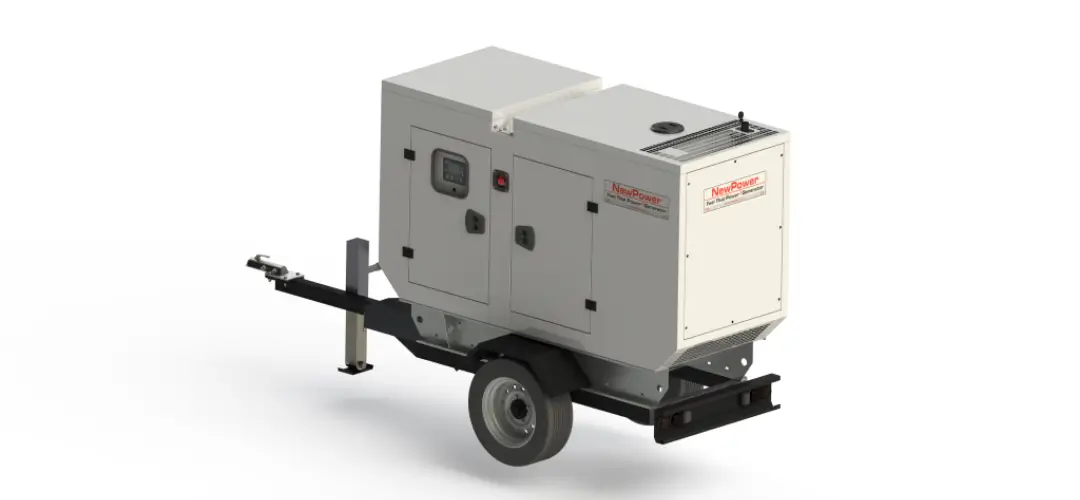Diesel vs. Gasoline Generators: Which Is Right for You?
Power outages can occur at any time, and having a reliable backup generator can make all the difference. But with so many options available, one of the first questions you’ll face is: Should you choose a diesel or gasoline generator?
Each type has its own advantages and drawbacks. In this guide, we’ll explore the key differences between diesel and gasoline generators to help you decide which one best suits your needs.
1. Fuel Availability and Storage
Gasoline Generators
- Pros: Gasoline is widely available at gas stations and is easy to store in small amounts.
- Cons: Gasoline has a short shelf life (about 3-6 months) and becomes unstable over time. It’s also highly flammable and risky to store in large volumes.
Diesel Generators
- Pros: Diesel fuel is less flammable and has a longer shelf life (up to 12 months or more with stabilizers). It is often easier to find in industrial or rural settings.
- Cons: May be harder to find in some remote residential areas. Diesel storage can also be subject to stricter regulations.
2. Efficiency and Runtime
Gasoline Generators
- Generally less efficient than diesel.
- Requires more frequent refueling.
- Best for short-term or occasional use.
Diesel Generators
- Known for superior fuel efficiency.
- Longer runtime per tank of fuel.
- Ideal for long-term or frequent power needs.

3. Power Output and Performance
Gasoline Generators
- More common in portable and smaller units.
- Suitable for low to moderate power needs, such as home appliances or camping equipment.
Diesel Generators
- Capable of generating more power and running heavy-duty equipment.
- Often used in industrial, commercial, or critical infrastructure settings.
4. Durability and Engine Life
Gasoline Generators
- Typically have shorter engine life.
- Better suited for light or emergency use only.
Diesel Generators
- Built for durability and long-term performance.
- Lower engine RPM and better cooling make them last significantly longer—often twice as long or more.
5. Maintenance and Reliability
Gasoline Generators
- Require less maintenance initially but can be more prone to wear over time.
- More sensitive to fuel degradation and carburetor issues.
Diesel Generators
- Require regular oil and filter changes.
- Fewer moving parts (no spark plugs), leading to fewer breakdowns over time.
- More reliable for consistent or high-demand usage.
6. Cost: Initial Investment vs. Long-Term Savings
Gasoline Generators
- Lower upfront cost.
- Ideal for those on a budget or for occasional use.

Diesel Generators
- Higher initial price.
- Lower long-term operating costs thanks to better fuel efficiency and engine lifespan.
7. Noise and Emissions
Gasoline Generators
- Generally quieter than diesel.
- Suitable for residential neighborhoods and recreational areas.
Diesel Generators
- Typically louder, although newer models come with noise-reducing features.
- Produce more emissions, but many modern diesel engines comply with updated environmental regulations.
8. Safety Considerations
- Gasoline is more volatile and poses a higher fire risk if not stored properly.
- Diesel is safer to store in large quantities and has a higher flash point, making it less likely to ignite accidentally.
9. Use Case Summary: Which Generator Fits You Best?
| Need | Best Choice |
| Occasional home backup | Gasoline Generator |
| Portable use (camping/RVs) | Gasoline Generator |
| Long-term emergency preparedness | Diesel Generator |
| Business continuity | Diesel Generator |
| Industrial or job site power | Diesel Generator |
| Budget-friendly option | Gasoline Generator |
Which Should You Choose?
The decision between a diesel and a gasoline generator ultimately depends on your specific needs:
- Choose gasoline if you want an affordable, portable, and easy-to-use generator for short-term use.
- Choose diesel if you need a durable, fuel-efficient solution for long-term, high-demand applications.
Both have their place—but knowing your priorities, such as budget, power requirements, and expected usage, will lead you to the right choice.





